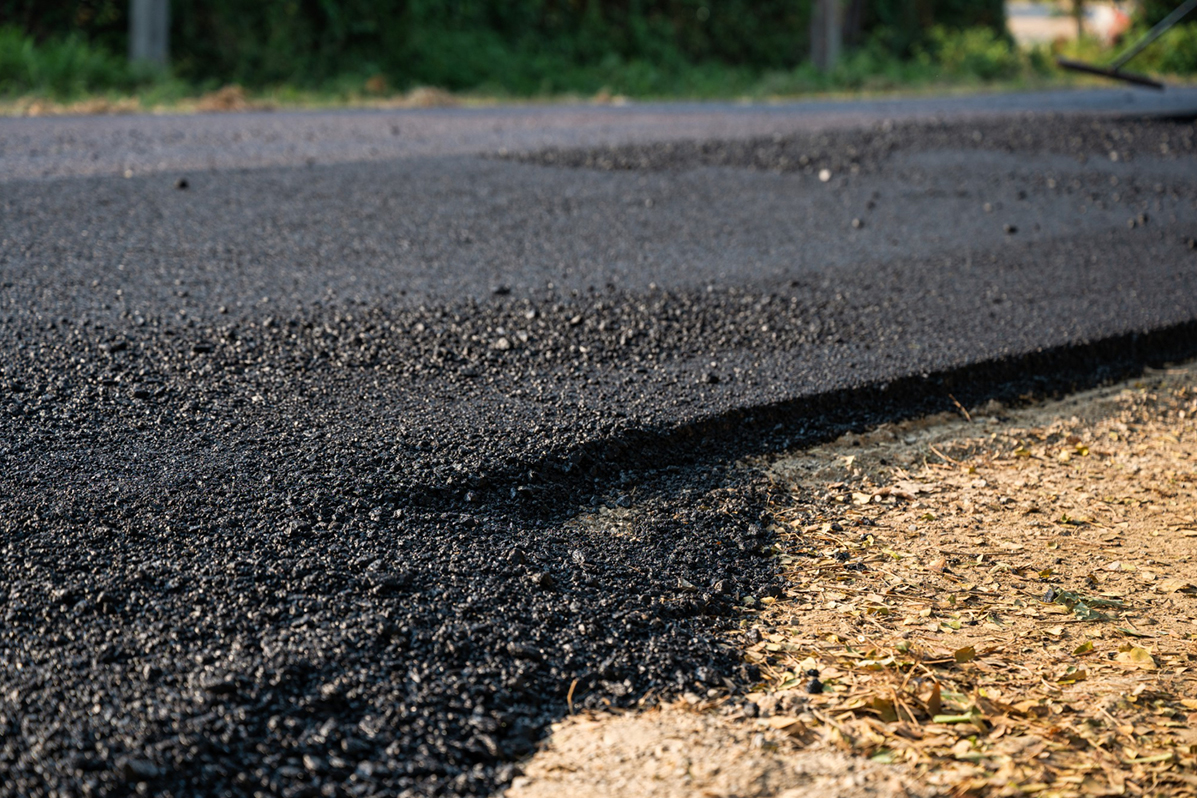A Beginner's Guide to Different Types of Asphalt Grades

Asphalt grades can be a little confusing, especially if you're new to the world of pavement maintenance. But understanding the different types of asphalt and their properties is essential if you want your driveway, parking lot, or other pavement to last for years to come. In this blog post, we'll provide a beginner's guide to asphalt grades, including what they are, what they're used for, and the pros and cons of each type.
1. AC-5 and AC-10
AC-5 and AC-10 are the thinnest and least durable asphalt grades. They are typically used for low-traffic or low-stress areas, such as residential driveways, bike paths, or parking lots. While these materials are inexpensive and easy to install, they may require more frequent maintenance and repair than higher-grade types.
2. AC-20
AC-20 is a mid-range asphalt grade that is commonly used for commercial parking lots, city streets, and other areas with moderate traffic loads. It is more durable than AC-5 and AC-10, but not as thick or strong as higher-grade materials. AC-20 is a popular choice because it provides a balance between cost and longevity.
3. PG-58 and PG-64
PG-58 and PG-64 are high-performance asphalt grades that are designed for heavy use and traffic. They are commonly used for highways, interstates, airports, and other areas that experience constant stress from vehicles and weather. These materials are more resilient and long-lasting than lower-grade types, but they can also be more expensive and require specialized equipment and installation techniques.
4. PMAC
PMAC (polymer-modified asphalt cement) is a newer type of asphalt that is gaining popularity in the industry. This material is made by adding polymers to the asphalt mix, which improves strength, flexibility, and resistance to cracking and weathering. PMAC is an excellent choice for high-traffic areas, areas with extreme weather conditions, and projects that require a long lifespan.
5. Specialty Mixes
Finally, there are specialty mixes of asphalt that are tailored to specific applications. For example, porous asphalt is designed to allow water to drain through the pavement, reducing the risk of flooding and improving water quality. Stone-matrix asphalt is a heavy-duty mix that includes crushed rock, which provides superior strength and durability. These types of asphalt require specialized knowledge and equipment to install, but they can provide excellent results in the right circumstances.
Conclusion
Understanding the different types of asphalt grades can help you make more informed decisions about pavement maintenance and repair. Whether you're a homeowner looking to sealcoat your driveway or a commercial property manager planning a pavement installation, knowing what materials are available and what they're best suited for can save you time and money in the long run. Be sure to work with a reputable paving contractor who can help you choose the right asphalt grade for your specific needs. And if you need help with asphalt services such as sealcoating in Bandera, TX, contact C. Brooks Paving today to schedule an appointment.